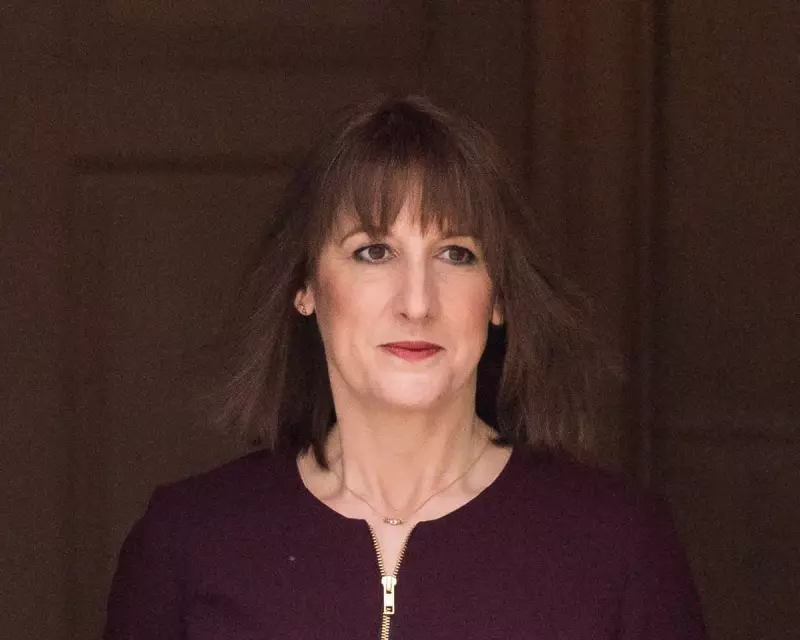
Chancellor Rachel Reeves is actively considering raising income tax as the government searches for solutions to Britain's growing deficit, according to senior Treasury insiders.
Fiscal Challenges Mount for New Government
The Labour government, which swept to power in July's general election, is confronting a significantly worse financial situation than anticipated. Treasury officials have reportedly presented the Chancellor with a sobering assessment of the country's fiscal health, forcing difficult decisions about revenue generation.
Income Tax in the Crosshairs
While no final decisions have been made, multiple sources confirm that increasing income tax rates is among the options being seriously debated. This marks a significant shift from the government's election campaign rhetoric, where tax rises for "working people" were explicitly ruled out.
The Scale of the Problem
The deficit - the gap between government spending and revenue - has emerged as the most pressing economic challenge facing the new administration. Current projections suggest the shortfall could be substantially larger than previous estimates, potentially requiring billions in additional revenue or spending cuts.
Political Implications
Such a move would represent a major political risk for the Chancellor and Prime Minister Keir Starmer. During the election campaign, Labour repeatedly committed to not raising the main rates of income tax, National Insurance, or VAT.
A Treasury source acknowledged the difficult position: "The Chancellor is facing the classic dilemma of balancing political promises against economic reality. The numbers don't lie, and the situation we inherited is more challenging than anyone anticipated."
Alternative Measures
While income tax increases are under consideration, the Treasury is also examining other revenue-raising options, including:
- Wealth taxes targeting high-value assets
- Reforms to capital gains tax
- Closing tax loopholes for non-domiciled residents
- Windfall taxes on certain industries
The final decision is expected to be announced in the Chancellor's autumn fiscal statement, which will outline the government's comprehensive plan for economic stabilisation.





